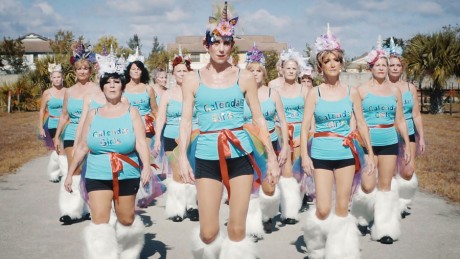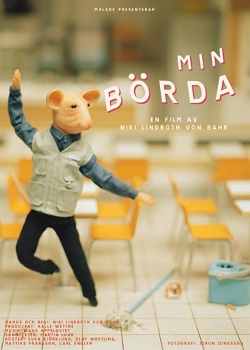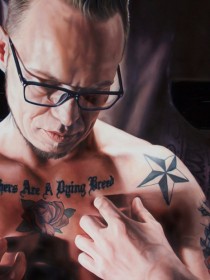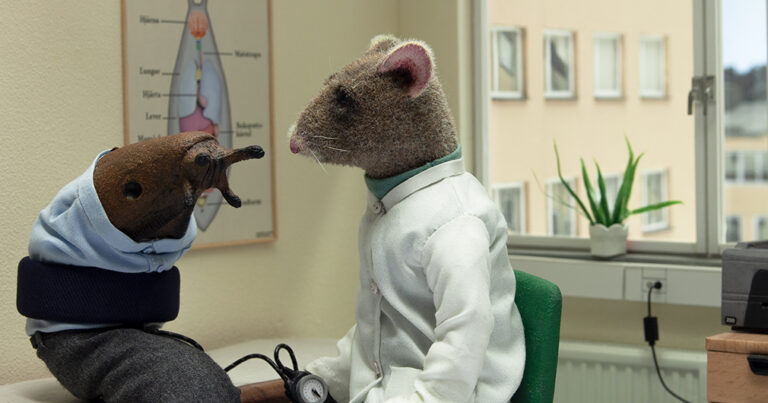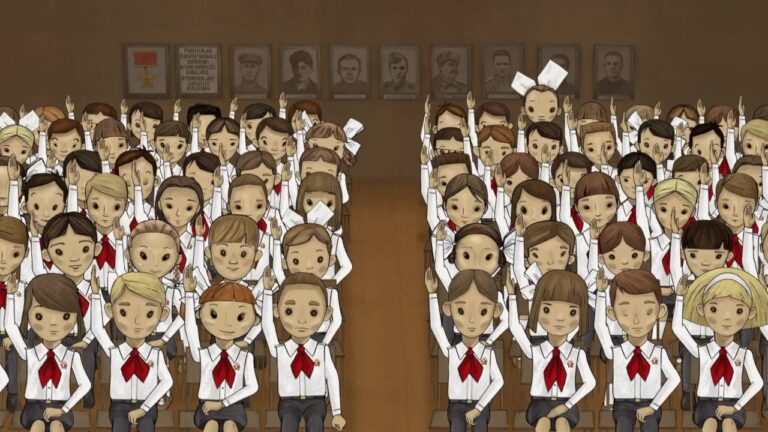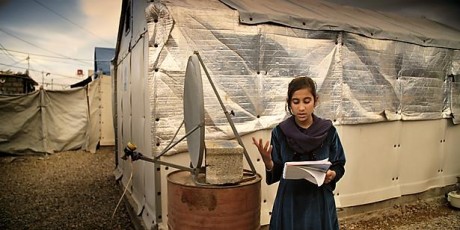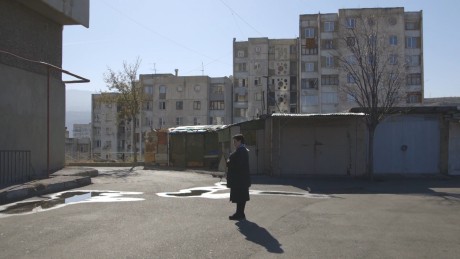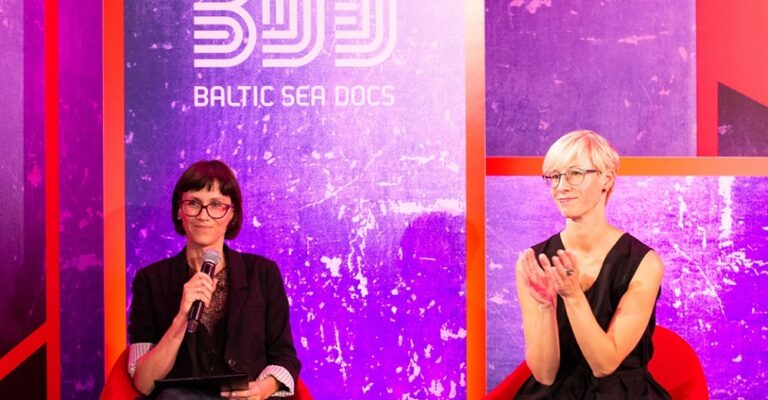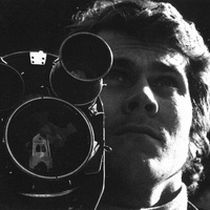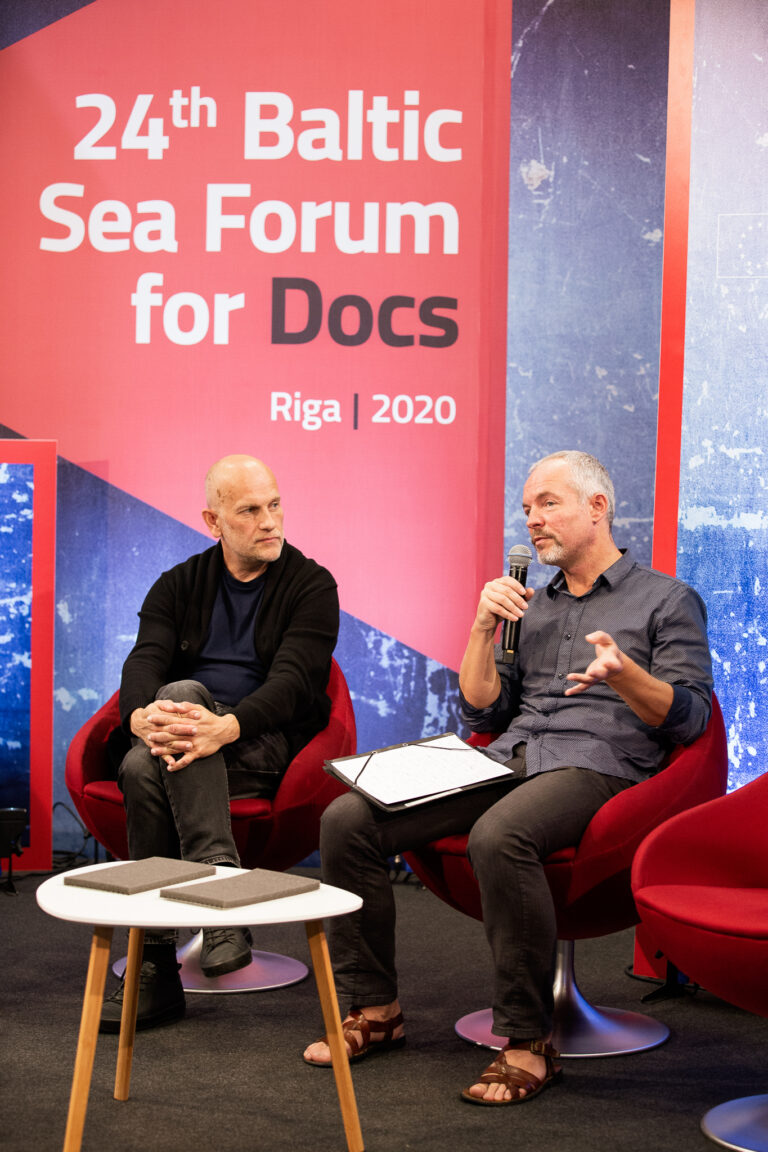MoMA Magazine’s streaming of Boris Bertram’s The Human Shelter 14-20 september, free & worldwide:
https://www.moma.org/magazine/articles/422
From the Press release by Boris B. Bertram / Creative Alliance:
“The Danish documentary The Human Shelter by Boris B. Bertram, a universal examination of what our home means to us, will be presented in a free online screening by The Museum of Modern Art from September 14-20.
What does our home mean to us? The topic is as relevant as ever. After most of us have been confined to stay at home for the past many months as the global pandemic has swept around the world radically changing our everyday life, now is a good time to reflect on the universal idea of home.
In 2016 the Danish filmmaker Boris B. Bertram documented the exhibition Insecurities: Tracing Displacement and Shelter at The Museum of Modern Art in New York for his film The Human Shelter, curious to examine the question of how we create a home. This was to be the beginning of a longer expedition to four continents visiting the hot spots of a changing world challenged by climate change, migration and growing urbanization.
From September 14-20 MoMA Magazine is streaming The Human Shelterfollowed by the recorded live Q/A with curator Sean Anderson and director Boris B. Bertram, making both the film and the talk available to a broad audience worldwide for free.
Poetically man dwells on this Earth (Friedrich Hölderlin)
The Human Shelter is a poetic and cinematic examination of what defines a home, told through personal stories from different parts of the world, reflecting both on diversity and what we all have in common. The chapters of the film takes us on an expedition from the snowy white landscape of the northern Norway, home of the nomadic Sami people, to a refugee shelter in Iraq, from the waterfront community of the Nigerian megacity Lagos to an Icelandic family living near a melting glacier, life in tiny apartments in Tokyo and the vision of what a home on Mars might look and feel like.”
The Human Shelter, Denmark 2018, 58 min.
Trailer:https://vimeo.com/275253763
FILMKOMMENTARENS ANMELDELSE
ved filmens premiere 2. maj 2018 i Grand Teatret, København
1
Kantokainen, Norge. Jeg bestemmer for mig selv med det samme at følge den unge kvindes forklaring på tid, et diktum som både er hendes opvækst og hendes beslutning. Tiden går ikke, den kommer. Det vante ur er her dyrenes selvfølgelige liv og landskabets skiftende lys. Jeg tror, det er hvad hendes smukke sang handler om. Denne alvorlige skønhed i rensdyr-nomadens fire hjem til de fire årstider.
2
New York City, USA. Kan den omhyggelige arkitektidé fra MoMA’s velordnede, perfekt ventilerede kontorer, tegnestuer og udstillingssale virkelig gennemføres i flygtningelejrenes kaotiske, overophedede og dybtfrysende vold?
3
Arabat, Irak. Ja, de kan, for han har penge, han har i sit hus en dyr pose til hvert af sine tøjsæt, som han husker prisen på. Kvinderne udsmykker arkitektektens og ingeniørens og udstillingsredaktørens shelters smukkere end deres drømme. De har vand og el og er undsluppet den visse død. Og de vil bo i digteriske hjem i UNHCR lejren. Og forfatteren på 13 år læser sin tekst op for mig.
4
Manha Loa, Hawaii. NASA, Hi-Seas, Mars habitat. Jeg er flyttet ind i Ridley Scotts film med Matt Damon som dyrker kartofler for at overleve til han bliver hentet igen, nu efter rumekspeditionen har måttet efterlade ham alene på Mars. Den dyrkede grønne plante i drivhuset smager af at være hjemme. De er en gruppe på seks, eller er det otte. Det er dag 223 på forsøgsstationens Marsbosættelse, men der er jo en asfalteret vej hjem, nemlig. Og kan jeg så tro på eksperimentet? Jeg er hos arkitekten som tegner det kommende hus på Mars, jeg er hos hans elektriske blyantspidser og hos hans overbevisning om tegningers skabende evne. Hvor er jeg altså skeptisk, selv astronautens violins country melodi finder jeg for optimistisk. Dog er jeg charmeret.
5
Kampala, Uganda. Huset i træet. Min barndoms evige drøm. Musikerens gennem 15 år. Men så også et færdigt hus inde i kronen og en trappe med repos og gelænder at gå ned ad i festtøj så der kan danses med en smuk kvinde på en veranda med betongulv. Og så tilbage, selvfølgelig, tænker jeg, op ad trappen, som bestemt ikke er en stige, op til Chesterfieldstolen og den brede seng. Et liv i musik og farver, mest grønne. Jeg er altid lykkelig i mit shelter, siger han.
6
Tokyo, Japan. Hun er gadefotograf, en nutidig og japansk Vivian Maier. Hun lever i sit badeværelse som er hendes mørkekammer og værksted og skærm og helle midt i storbyens larmende uoverskuelighed, som hun også her højt oppe fra i sit fotografis poesi skildrer som landskab af skønhed i tyst ro i en uendelig gråtoneskala må det være. Han derimod lever i et kollektiv med andre ligesindede unge undsluppet forældrenes hjem af snæverhed for med vennerne at kaste sig ud i bylivet nede på gaderne og deres støj og lyd og indtryk og nye møder for nu hjemme i kollektivet at spise og sove.
7
Lagos, Nigeria. At bo på havet. Gaderne er kanaler mellem husene på pæle, bilerne er kanoer. Hårkunsten er af særlige grunde vigtig i det så våde offentlige rum. Hjemmet er af bræddevægge. Opslagstavlen er minder fra familielivet i andre hjem tidligere i huse, vel på pæle som svømmede de i havet.
8
Jökulheimar, Island. Udflugt fra parcelhusets plæneklipper til geologernes gamle hus på øen med det øde landskab foran den vigende bræ. Geologen har børnene med. De åbner den gamle gæstebog og finder notatet fra farmorens og farfarens besøg engang for længe siden, da bræen var ganske nær forskningsstationen. De var unge og de byggede sig en dobbeltseng, læser børnene og faren som nu sidder på køjerne med bordet med gæstebogen mellem sig. Der står at de byggede sengen som vel huset før den på den stærkeste fundering. Barnet undrer sig: ville den måske brase sammen?
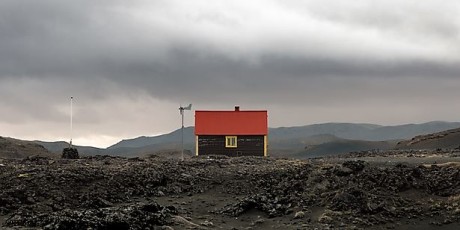
CITAT
Voll Verdienst, doch dichterisch, / wohnet der Mensch auf dieser Erde… (Friedrich Hölderlin: In lieblicher Bläue, 1808)
Citatets strofe lyder:
Ist unbekannt Gott? Ist er offenbar wie die Himmel?
dieses glaub’ ich eher. Des Menschen Maaß ist’s.
Voll Verdienst, doch dichterisch,
wohnet der Mensch auf dieser Erde. Doch reiner
ist nicht der Schatten der Nacht mit den Sternen,
wenn ich so sagen könnte,
als der Mensch, der heißet ein Bild der Gottheit.
VALG
Jeg vælger mig, skulle jeg genbosætte mig, de fire årstiders fire huse hos rensdyrene i Lapland. Eller jeg vælger mig en bræddehytte i et træ i Uganda med den vidunderlige musiker i nabotræet. Måske er der også en som vil danse med mig på verandaen i en dejlig film som den her, som jeg lige har set. (abn)
Danmark, 2018, 57 min. Havde oprindelig premiere under arkitektfestivalen CAFx’s åbning det år i Grand Teatret i København.



